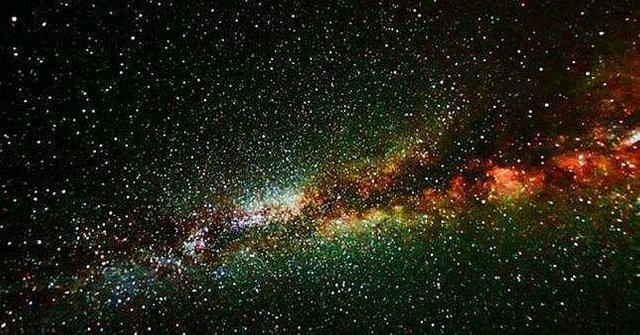Lower Star Production in the Milky Way Galaxy, Why?

An international team of astronomers found out why the Milky Way galaxy has low star formations compared to other galaxies. The latest research results are published in Monthly Notices of the Royal Astronomical Society.
The Milky Way is an area known as the Central Molecular Zone (CMZ). The area that is present in the entire universe galaxy is where new stars form. However, this star formation in CMZ seems less active than other systems.
To explain this, the research team used a radio interferometer Submillimeter Array (SMA) to see the depths of the Milky Way. Such studies enable researchers to collect samples from thirteen high mass nuclei in CMZ's "pile of dust" that may be young stars in the early stages of life.
In addition, researchers also found two different objects that looked young, high-mass protostat.
Studying such objects reveals that regardless of the known pressure differences, the stars in the CMZ have similar formation rates that exist in the galaxy discs.
All look young, which means that this is a prime candidate to represent the initial conditions of stars and high-mass subgroups. The team noted in the study, according to Phys.org researchers compared all of the cores that were detected with cores and high clouds on Galactic discs and found that they were similar in terms of mass and size, despite being pressured from outside that were several times larger.
The team also analyzed the spectral lines of formaldehyde and methyl cyanide molecules as a way to measure the temperature and kinetics of the gas in CMZ. It shows the environment is very turbulent, which means the possibility of responsible inhibiting star formation in the region.
Consequently, the study shows that the rate of star formation in CMZ depends on the nature of the gas environment, not the amount of gas and dust previously believed.
This finding is important because it understands why the star formation in the Milky Way is different from other galaxies that could help researchers answer many of the questions about this galaxy.
Follow me @cekblack